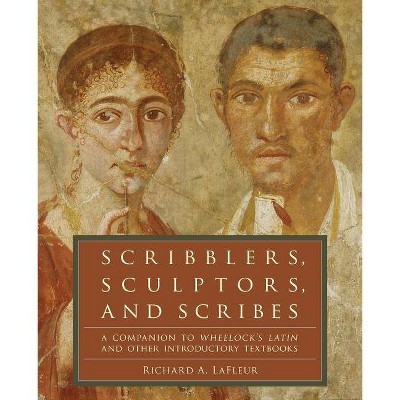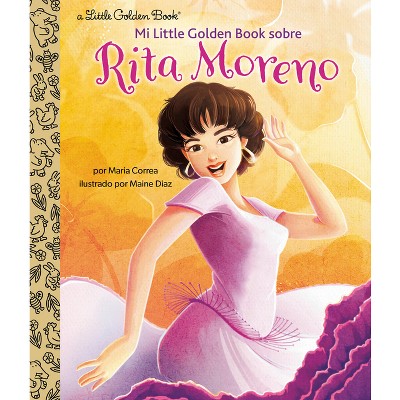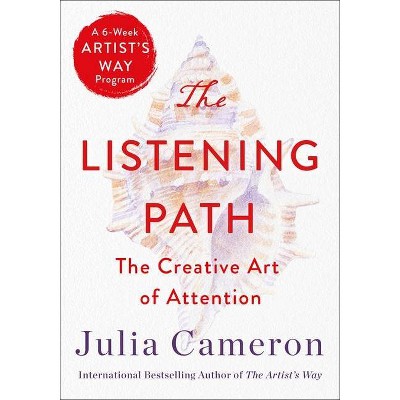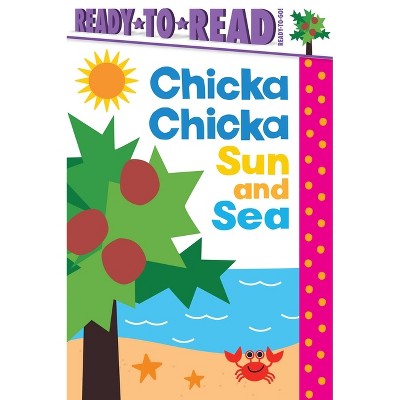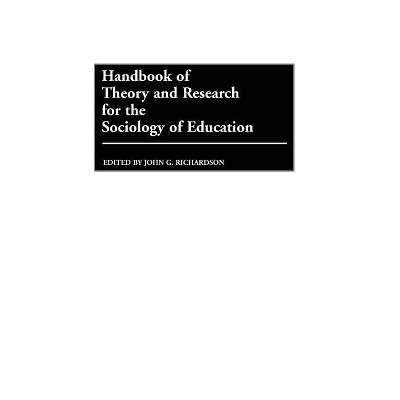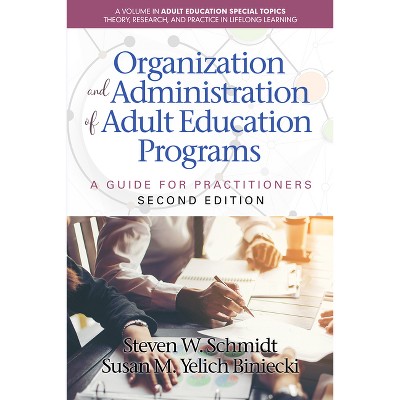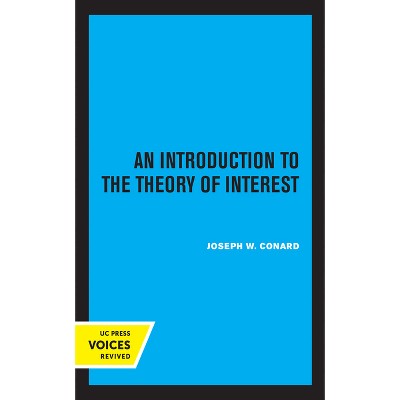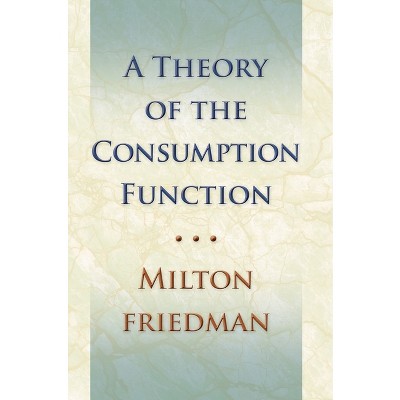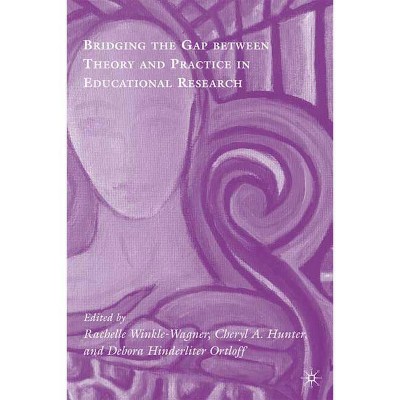Sponsored

Translingual Creative Writing Theory, Practice, and Pedagogy - (Research in Creative Writing) by Jennifer Quist (Hardcover)
$115.99
In Stock
Eligible for registries and wish lists
Sponsored
About this item
Highlights
- In a challenge to monolingual, Anglophone dominated creative writing workshops, this book explores why and how students' multilingual backgrounds and lack of fluency with the English language can emerge as assets rather than impediments to artistry and creativity.Grounded in the Chinese tradition of Daoism as an ongoing discourse, this exploration uses rigorous academic readings of the philosophical text, the Zhuangzi, as an analytical framework and takes a translingual approach to writing where translation and composition intersect, inscribing one language upon another within a single text.
- About the Author: Jennifer Quist teaches in the Department of English and Film Studies at the University of Alberta, Canada.
- 256 Pages
- Language + Art + Disciplines, Writing
- Series Name: Research in Creative Writing
Description
About the Book
"Challenging Anglophone-dominated creative writing workshops, this book explores why and how students' multilingual backgrounds are assets rather than impediments to creativity. Taking a translingual approach to writing, it is grounded in discursive Daoism and utilizes readings of the Zhuangzi as analytical frameworks to re-imagine creative writing education and de-naturalize the authority of Euro-American literary traditions. Through translations of Chinese educators' accounts of the history and theory of 21st-century postsecondary Creative Writing education in China, Jennifer Quist develops a methodology for examining the practices of translingual writers from China, Japan, and their diasporas. Featuring translingual writing prompts and practices for instructors and students"--Book Synopsis
In a challenge to monolingual, Anglophone dominated creative writing workshops, this book explores why and how students' multilingual backgrounds and lack of fluency with the English language can emerge as assets rather than impediments to artistry and creativity.Grounded in the Chinese tradition of Daoism as an ongoing discourse, this exploration uses rigorous academic readings of the philosophical text, the Zhuangzi, as an analytical framework and takes a translingual approach to writing where translation and composition intersect, inscribing one language upon another within a single text. With concepts that resist expression such as inspiration, uncertainty, non-knowing, spontaneity, unity, forgetting the self, and the perfection behind the imperfection of language, Jennifer Quist demonstrates how Daoism's theories and metalanguage can re-imagine creative writing education whilst de-naturalizing the authority of English and Euro-American literary traditions. With analytical lenses derived from East Asia given context through translations of Chinese educators' primary accounts of the history and theory of postsecondary creative writing education in 21st-century China, Quist develops a method for examining the practices of exemplary translingual writers from China, Japan, and their diasporas.Featuring translingual writing prompts and practices for individual or classroom use by students at all levels of multilingualism, Translingual Creative Writing Theory, Practice, and Pedagogy opens up the current workshop model and discloses the possibilities of linguistic transcendence for instructors and students. With writing strategies based in cross-cultural collaboration and balanced with de-Anglicization of creative writing pedagogy, this book calls to rework the structures, methods, and metaphors of the workshop and presents ideas for more collaborative, collective, equitable, diverse, and inclusive programs.
About the Author
Jennifer Quist teaches in the Department of English and Film Studies at the University of Alberta, Canada. Alongside her critical publications, she writes fiction, including three novels; her debut novel was long-listed for the Dublin International Literary Award.Dimensions (Overall): 9.21 Inches (H) x 6.14 Inches (W) x .63 Inches (D)
Weight: 1.18 Pounds
Suggested Age: 22 Years and Up
Number of Pages: 256
Genre: Language + Art + Disciplines
Sub-Genre: Writing
Series Title: Research in Creative Writing
Publisher: Bloomsbury Academic
Format: Hardcover
Author: Jennifer Quist
Language: English
Street Date: May 15, 2025
TCIN: 1003544546
UPC: 9781350510616
Item Number (DPCI): 247-24-5064
Origin: Made in the USA or Imported
If the item details aren’t accurate or complete, we want to know about it.
Shipping details
Estimated ship dimensions: 0.63 inches length x 6.14 inches width x 9.21 inches height
Estimated ship weight: 1.18 pounds
We regret that this item cannot be shipped to PO Boxes.
This item cannot be shipped to the following locations: American Samoa (see also separate entry under AS), Guam (see also separate entry under GU), Northern Mariana Islands, Puerto Rico (see also separate entry under PR), United States Minor Outlying Islands, Virgin Islands, U.S., APO/FPO
Return details
This item can be returned to any Target store or Target.com.
This item must be returned within 90 days of the date it was purchased in store, shipped, delivered by a Shipt shopper, or made ready for pickup.
See the return policy for complete information.
Frequently bought together
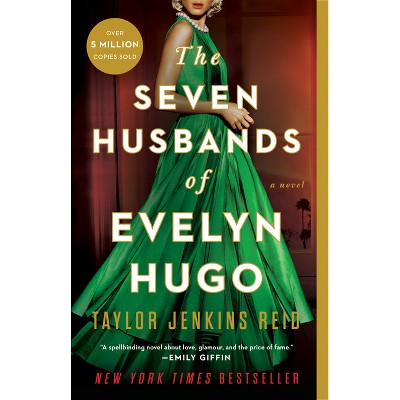
$9.02 - $19.99
MSRP $17.00 - $19.99
Buy 2, get 1 free select books, music & movies
4.6 out of 5 stars with 566 ratings
Trending Non-Fiction

$15.68
Buy 2, get 1 free select books, music & movies
4.8 out of 5 stars with 190 ratings

$19.31
was $20.98 New lower price
Buy 2, get 1 free select books, music & movies
4 out of 5 stars with 60 ratings

$19.58
MSRP $29.00
Buy 2, get 1 free select books, music & movies
4.6 out of 5 stars with 13 ratings

$4.59
MSRP $7.99
Buy 2, get 1 free select books, music & movies
4.8 out of 5 stars with 120 ratings

$6.20
MSRP $10.95
Buy 2, get 1 free select books, music & movies
4.8 out of 5 stars with 33 ratings

$7.09
MSRP $9.99
Buy 2, get 1 free select books, music & movies
4.9 out of 5 stars with 46 ratings
